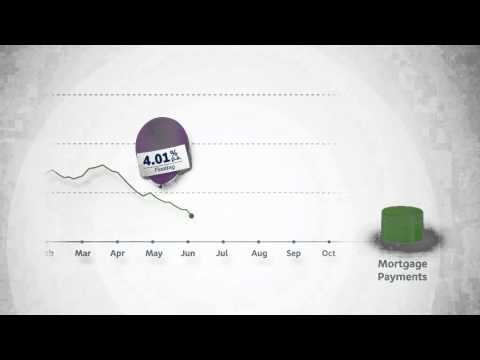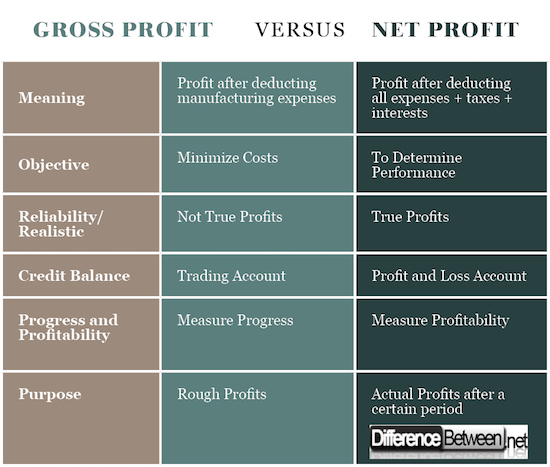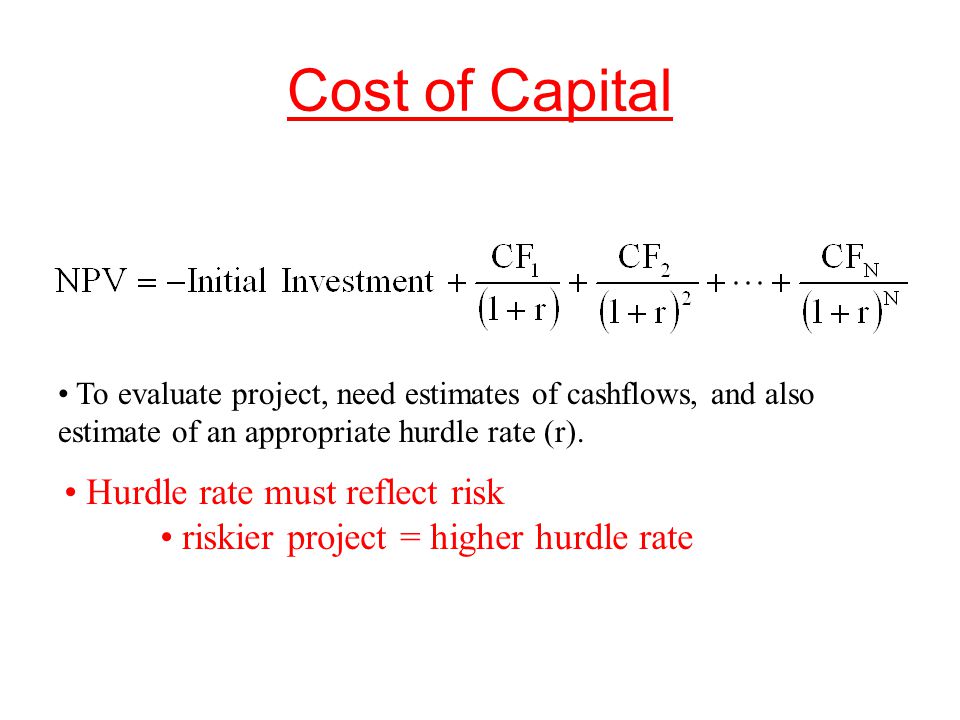Environmental Economics Definition, Scope, Importance, Strategy
Contents:


This identification problem has been shown to be especially important for environmental applications. At the other extreme, Libertarians like James Buchanan taught that government programs were bound to fail and that individuals do best if left to their own devices within a minimalist night watchman state. The initial position of those on the extreme left and right was to reject the kind of compromise that might emerge from the political center and might rely on incremental changes to current regulatory arrangements. Sustainable development– It is the development strategy that meets the needs of the present without compromising the needs of the future.
In addition, decisions regarding the method for allocating trading quotas, whether positive pricing will be implemented during allocation, and how the price will be determined are of strategic importance to the functioning of the ETS system. Market failure– Externalities lead to market failure, which arises when the market doesn’t represent the true cost of a good or resource. This happens because, more often, people take environment and its resources for granted. #2 – Cap and trade– In this method, the companies have permission to emit carbon up to a certain limit, after which they need to pay tax for the same.
What is the economic environment? Definition and examples
They are experiencing this world and find it easy to resist myths and efforts to demonize difference. It is not coming about from ideological sources but rather due to changes in perceptions about how the world works. This new and increasingly dominant social paradigm is built on shared experiences—particularly the growing local impact of extreme weather events. Young people have found their lives disrupted by floods, fires, hurricanes, tornadoes, and power failures; few have been immune to the impact or managed to escape these events, and most relate extreme weather events to climate change. The extreme weather due to global warming predicted by turn of the century climate models has arrived. While the COVID-19 pandemic has receded, the health impact was massive, and we are still experiencing the economic and psychological impacts of the pandemic.
- Often it is advocated that pollution reductions should be achieved by way of tradeable emissions permits, which if freely traded may ensure that reductions in pollution are achieved at least cost.
- Contingent-valuation methods also have been used to determine the value of old-growth forest preservation in the face of industrial expansion.
- For example, emission control based on carbon trading is more compatible with market rationale; however, one may encounter serious problems during the monitoring, reporting, and verification stages.
- Ecological economics is a subdiscipline of ecology which examines the interaction of humans with nature.
- Regeneration produces rapid social and economic change, and, if planned carefully, can play a major role in delivering the goals of sustainable development.
For instance, Ida Kubiszewski and her co-authors surveyed land uses under different future scenarios. They concluded that continuing business as usual could wipe out a third of the value of Asia-Pacific ecosystems by 2050. Nicholas Georgescu-Roegen was one of the first economists to argue that an economy faces limits to growth as a result of resource depletion. The microeconomic environment refers to things that happen at the individual company or consumer level. The economic environment consists of microeconomic and macroeconomic factors. Middle- and low-income countries may be disproportionately impacted by the European Union’s Carbon Border Adjustment Mechanism even under conservative implementation options, according to throughflow-based accounting and trade network data analysis.
Environmental Economics
The online registration form has to be filled and the certification exam fee needs to be paid. More details will be made available when the exam registration form is published. CAs, experts and businesses can get GST ready with ClearTax GST software & certification course. Our GST Software helps CAs, tax experts & business to manage returns & invoices in an easy manner. Our Goods & Services Tax course includes tutorial videos, guides and expert assistance to help you in mastering Goods and Services Tax.
For example, in some countries, companies have permission to emit a maximum of one-ton carbon. However, it does not provide certainty in controlling carbon emissions, and some even worry that it allows big companies to keep polluting the environment. In the field of law and economics, environmental law is studied from an economic perspective.
Rookies to veterans, and all in between: Meet every jockey in the 2023 Kentucky Derby – AOL
Rookies to veterans, and all in between: Meet every jockey in the 2023 Kentucky Derby.
Posted: Fri, 05 May 2023 12:17:02 GMT [source]
The Coase Theorem states that assigning property rights will lead to an optimal solution, regardless of who receives them, if transaction costs are trivial and the number of parties negotiating is limited. For example, if people living near a factory had a right to clean air and water, or the factory had the right to pollute, then either the factory could pay those affected by the pollution or the people could pay the factory not to pollute. Or, citizens could take action themselves as they would if other property rights were violated.
Because any bias can hinder the usefulness of a contingent valuation survey, special care must be taken to ensure that bias is minimized. Market failure is a situation in which there is an inefficient allocation of goods and services in the free market. Full BioRobert Kelly is managing director of XTS Energy LLC, and has more than three decades of experience as a business executive.
Environmental economics is an evolving discipline that developed as a result of environmental damage caused by economic activities and the pursuit of sustainable development. The main shortcoming of both options is their failure to provide sufficiently detailed carbon emission data at the sectoral level, therefore data inventory improvements are crucial for the implementation of this step. In particular, possible fluctuations in business cycles raises serious concerns regarding the updating of such data inventories, as well as the predictability of the growth path.
2 The economics of technological change
Because they ignore the positive spillovers created by R&D, firms will underinvest in research activity. Using alternative sources of renewable energy, proper waste management, efficient resource allocation, and conservation of energy and other resources are the need of the hour. As a result, natural resource and environmental economics is an area gaining momentum today. Environmental economics promotes sustainable development, economic valuation of natural resources, and strategies for stability by addressing issues like externalities and other environmental concerns. The mitigation of climate change effects is an example of a public good, where the social benefits are not reflected completely in the market price.
The valuation of ecological resources is a complex process, as it is difficult to assign value to intangible benefits, such as clean air and an unpolluted environment. The main problem here is that, despite taxation, there has been a failure to develop alternatives to the energy-intensive linear processes with low-resource efficiency. In cases where alternative options are not promoted, the only outcomes from high taxation are mounting production costs and increased revenues for the government. In addition, no meaningful progress is achieved in mitigating the environmental effects.
It evaluates how these changes influence the positive predictions and normative recommendations of economic analysis. There are many things derived from environmental and ecological systems that people care about because they enhance well being or contribute to the production of marketed commodities. As a rule they are also scarce, available outside markets, and influenced by the activities of others.
Income Tax Filing
As environmental economic research on technological change has grown, the importance of considering market failures for knowledge, as well as traditional environmental externalities, has been emphasized. In particular, calls for increased government support for environmentally friendly R&D are motivated by the need to overcome such market failures. As these should be familiar to technological change scholars, we only briefly mention these here, with an emphasis on the importance of these lessons for environmental models. Externalities are the cost or benefit of the economic activities which affect other parties and are not represented in the final consumption price.
Market failure occurs if the functioning of a perfect market is compromised; hence, it is unable to efficiently allocate scarce resources at a given price as conditions for laws of demand and supply are not met. It is concerned with the design of environmental policies and their implementation. The second option in quota allocation can be defined as growth-oriented absolute quota allocation. Here, variable or flexible reserves may be allocated to new participants depending on the quota level, the INDC-compatible carbon intensity reduction target (1.3%), and growth projections for the economy .
While the Biden Administration and some state and local governments are moving aggressively to stimulate the transition to environmental sustainability, many governments are resisting these efforts at change. Despite these political dynamics, private corporations—pushed by investors, employees, and customers—are internalizing EGS values and practices. The field is part of both environmental economics and the conservation movement. These include “steady-state economies”, “carrying capacity”, “ecological footprints” and “environmental justice”.
At the other extreme, right-wing technological optimists have used the same conceptual framework to belittle the role of ecological goods, e.g., by using high discount rates. As a result, we do not fight ideological battles over who should rule society. In other words, environmental economics as a vocabulary or conceptual framework serves a centrist, moderate, and rationalistic politics that tends to maintain entrenched interests and disempower those on the far right and left who call for radical change. Environmental economics is distinguished from ecological economics in that ecological economics emphasizes the economy as a subsystem of the ecosystem with its focus upon preserving natural capital.

However, modern economic theory has shown that the presence of asymmetric information may lead to inefficient bargaining outcomes. Goldlücke and Schmitz have shown that inefficiencies may also result if the parties learn their private information only after the negotiations, provided that the feasible transfer payments are bounded. Environmental economics is related to ecological economics but there are differences. They apply the tools of economics to address environmental problems, many of which are related to so-called market failures—circumstances wherein the “invisible hand” of economics is unreliable. Most ecological economists have been trained as ecologists, but have expanded the scope of their work to consider the impacts of humans and their economic activity on ecological systems and services, and vice versa.
Opinion: Generational and cultural change is stimulating environmental sustainability
Sustainability expert Samuel Alexander speaks about living well with degrowth. In short, ecological economics has contributors from diverse disciplinary and professional backgrounds. Ecological economics requires transdisciplinary work to describe economic processes in relation to physical reality.

Environmental economists are concerned with identifying specific problems, but there can be many approaches to solving the same environmental issue. If a state is trying to impose a transition to clean energy, for example, they have several options. The government can impose a fixed limit on carbon emissions, or it can adopt more incentive-based solutions, like placing quantity-based taxes on emissions or offering tax credits to companies that adopt renewable power sources.
- For example, respondents have been asked the value they would place on increased air visibility in the White Mountains and the Grand Canyon in the United States.
- According to the Coase Theorem, the involved parties will bargain with each other, which results in an efficient solution.
- Integrated research supports the economic case for strong near-term climate action, even before accounting for expected negative impacts on biodiversity, health and tipping points.
- By combining fisheries, nutrient, and carbon cycling data, this synthesis suggests that marine kelp forests, a dominant but often undescribed habitat, provide services with a potential value of $111,000/ha/year and a global yearly value of $500 billion.
- Improving the current laws and regulations concerning renewable energy is imperative for the functioning of such a system.
This field takes as its premise that economics is a strict subfield of ecology. Ecological economics is sometimes described as taking a more pluralistic approach to environmental problems and focuses more explicitly on long-term environmental sustainability and issues of scale. There is a growing realization that regulations (also known as “command and control” instruments) are not so distinct from economic instruments as is commonly asserted by proponents of environmental economics. E.g.1 regulations are enforced by fines, which operate as a form of tax if pollution rises above the threshold prescribed. E.g.2 pollution must be monitored and laws enforced, whether under a pollution tax regime or a regulatory regime. The main difference an environmental economist would argue exists between the two methods, however, is the total cost of the regulation.
Clearhttps://1investing.in/ can also help you in getting your business registered for Goods & Services Tax Law. ClearTax offers taxation & financial solutions to individuals, businesses, organizations & chartered accountants in India. ClearTax serves 1.5+ Million happy customers, 20000+ CAs & tax experts & 10000+ businesses across India. Any opinions in the examples do not represent the opinion of the Cambridge Dictionary editors or of Cambridge University Press or its licensors.
Increasing the costs of polluting will discourage polluting, and will provide a “dynamic incentive”, that is, the disincentive continues to operate even as pollution levels fall. A pollution tax that reduces pollution to the socially “optimal” level would be set at such a level that pollution occurs only if the benefits to society exceeds the costs. This concept was introduced by Arthur Pigou, a British economist active in the late nineteenth through the mid-twentieth century.
A Candid Conversation on Sustainability, Clean Beauty, and the … – BeautyMatter
A Candid Conversation on Sustainability, Clean Beauty, and the ….
Posted: Sun, 30 Apr 2023 18:03:22 GMT [source]
Hypothetical environmental economics definition occurs because individuals tend to respond differently to hypothetical scenarios than they do to the same scenarios in the real world. One solution to that problem is to conduct the contingent-valuation surveys in a laboratory setting. The surveyor can then remind respondents to consider the financial ramifications that their responses would produce in a real-world setting. The surveyor can also use experimental techniques that mimic real-world conditions.
